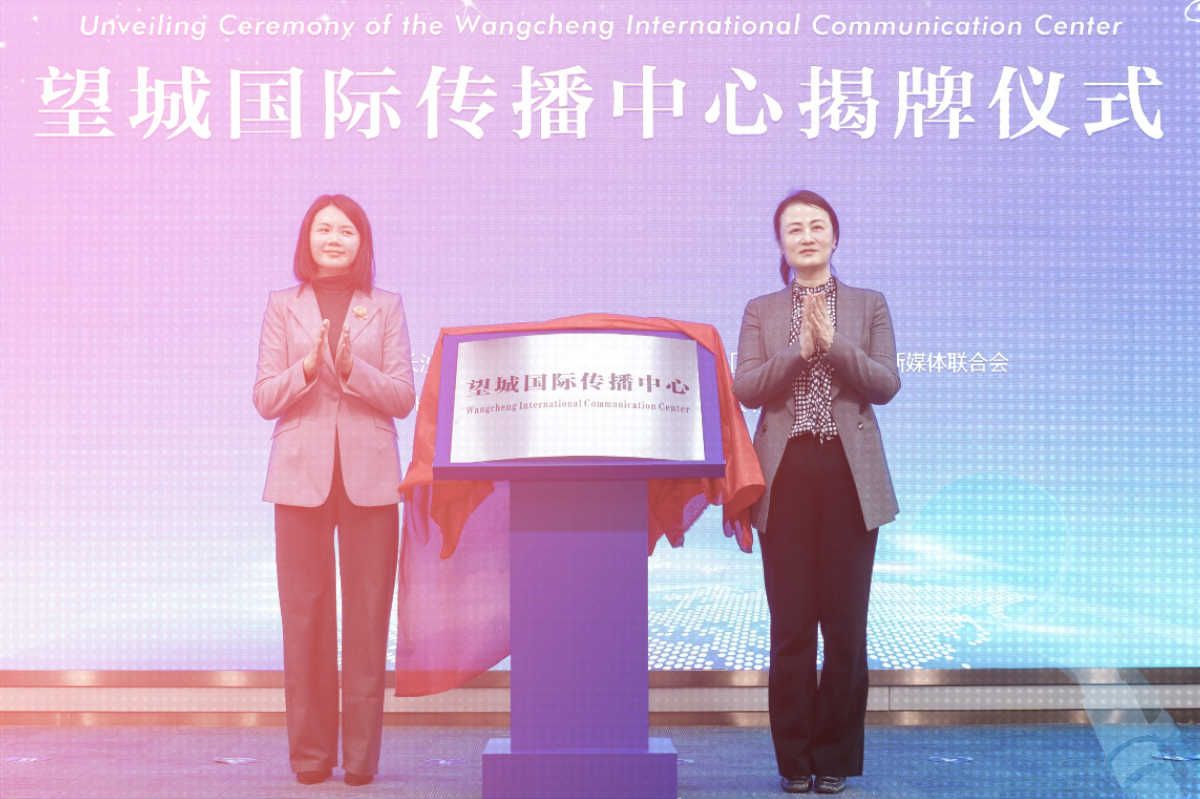Headlines and Hashtags
Two new Hu buzzwords to lookout for at the 17th Congress
There has been some suggestion in recent months that Hu Jintao might introduce two fledgling buzzwords at next week’s 17th Congress. The first is “citizen participation,” or gongmin canyu (公民参与), short for the phrase “orderly political participation by citizens” (公民有序的政治参与). The second is “consultative democracy”, or xieshang minzhu (协商民主), sometimes called “deliberative democracy.”
These Hu terms actually mark cautious steps ahead, or points of pressure, on political reform. What do they mean?
[“Expanding orderly citizen participation in political affairs”, reads a headline in the official Guangzhou Daily following Hu Jintao’s June 25 speech.]
In his June 25 speech, Hu Jintao said political reform “must move ahead in step with economic and social development, commensurate with the growing participation of the people of the nation in political affairs” (政治体制改革”必须随着经济社会发展不断推进,努力与我国人民政治参与的积极性不断提高相适应”).
In the political reform movement of the 1980s, political activist Wang Juntao and others talked about “checking and balancing [power] with diverse expression by intellectual elites” (多元表达,精英制衡) as a safe and reliable path of reform. “Expanding orderly political participation by citizens” has a similar meaning.
Pointing to growing disaffection in Chinese society and an increase in mass incidents, some have promoted citizen participation through such channels as public hearings, open meetings, leadership consultation days and online feedback as a means of dissipating resentment.
Check out these Chinese links for more on “citizen participation”:
“Three Pressure Points in the Development of Democracy in China”
“Expert: Citizen Participation Will Make Progress After the 17th Congress”
“Consultative democracy” (协商民主) is generally used in constrast to “electoral democracy” (选举民主). There has been lively debate about what exactly the term means, whether or not it should be opposed to “elective democracy”, whether it is a new democratic form, etc:
“A New Form of Democracy“, China.com.cn, November 2006
“Where is the Value in Consultative Democracy?“, China.com.cn, December 2006
“Issues in Consultative Democracy“, China.com.cn, July 2007
“More Discussion of Consultative Democracy“, Study Times, September 2007
But the term is basically a cautious and limited version of “electoral democracy.” It replaces the notion of “electoral democracy” in order to ensure the Communist Party maintains firm control of the political reform process.
[The theory section of China’s official People’s Daily runs a page on consultative democracy as a “special form of Socialism with Chinese characteristics.]
“Citizen participation” and “consultative democracy” are political signposts. If both are used with greater frequency during and after the 17th Congress they will signal Hu Jintao’s cautious, conservative approach to political reform.
(Qian Gang, October 12, 2007)
[Translated by David Bandurski]
Previous 17th Congress article: “Will “separation of party and government” come up at the 17th Congress?“





















